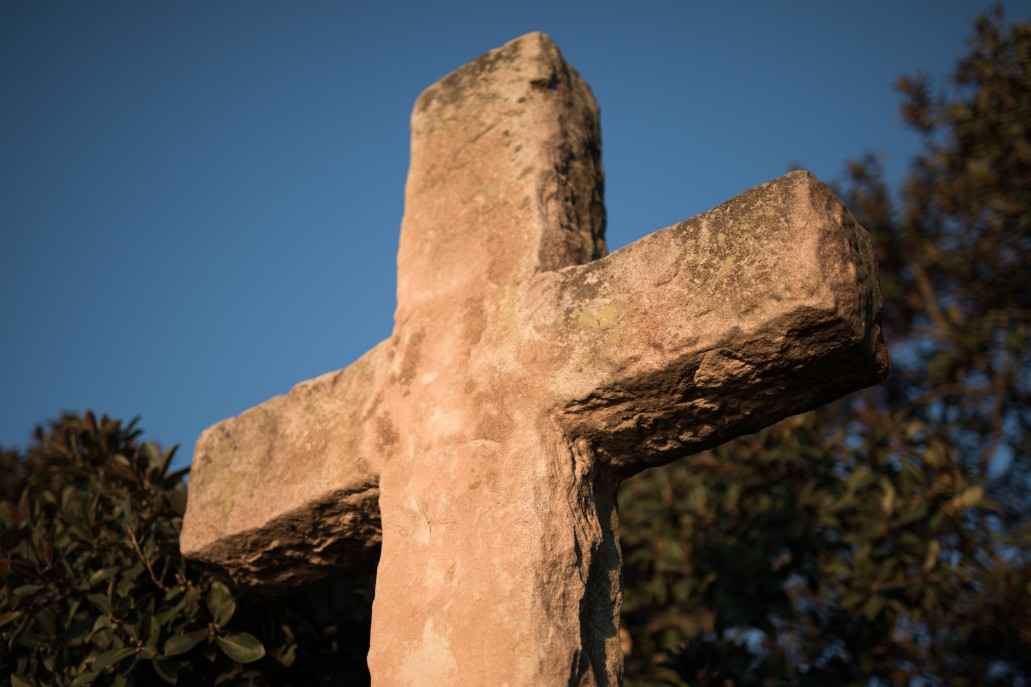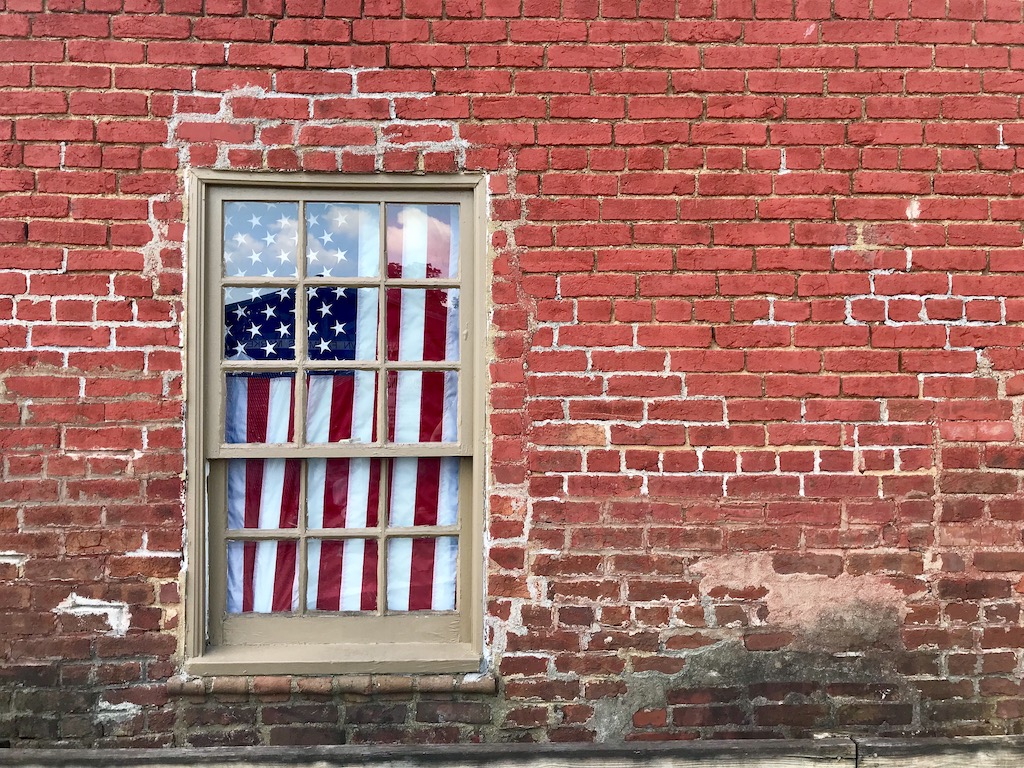It is all too often that the case for capitalism is made in the wrong way to the wrong audience.
Our first mistake is failing to reach and relate to those who find our claims dubious. On its face, capitalism can appear cold and calculating. It is far easier to inspire an audience with ambiguous calls for “fairness” and government “solutions” to a variety of social problems than to suggest that people should bear the consequences of their decisions, and that the elusive “invisible hand” will somehow work things out.
We may as well be saying, “Hey, it’s a tough world out there … good luck!” It is a message that seems neither wise nor humane. It is no surprise, then, that the evangelical capitalist has a steep hill to climb in reaching, much less changing the minds of, those on the philosophical or political fence.
As a result, we often take the easy route of just throwing the ball back and forth among players on our own team. Comfortable and reassuring as it may be to impress one another with grand arguments or witty tweets, it doesn’t move us closer to the end zone if we’re not even playing on the field. We must constantly engage new audiences, and we must do so with a message that relates to their values.
Our second mistake is placing our hopes entirely on politicians and policies. Particularly in an election season as intense as this one, it becomeseasy to get caught up in the rigmarole of blue and red states, polling averages and “gaffes.” We fight for our candidate or party, and try to push through legislation that fits our policy preferences.
Of course, this must be done, but we are fools not to remind ourselves that parties, politicians and policies follow cultural change. “Culture is upstream of politics,” as Bill Wichterman and others remind us.For all the complaints about political elites who do “whatever they want” without regard for the will of “the people,” we still have elections, and they still matter. And if our laws reflect the general views of the public, what shapes those views?
Parents, K-12 teachers, friends and role models may play the most important roles in our individual lives, but changing culture requires a much broader net. The real culture shapers are the artists, entertainers and academics. Whatever the craft or trade, it is these culture shapers who command the eyes and ears of the mass public. They shape our worldview and define the standards of goodness, truth and beauty in society.
How many 19th century British politicians had anything near the impact of Tiny Tim’s solitary chair? How many American baby boomers imagined the Civil War through the eyes of Rhett Butler and Scarlett O’Hara? And more timely, what has had greater impact on the current presidential election than the news and entertainment industries?
The future belongs to the Stephen Spielbergs and Stephen Colberts; the Hans Christian Andersons and Anderson Coopers. If someone wanted to change the world, they could start with the Keirkegaards and Kardashians.
There are also heroes like Rosa Parks, Michael Phelps and Mother Theresa who become public figures because they inspire us with acts of extraordinary courage and sacrifice. Butsuch acts come to light through news stories, told by journalists, captured in photographs and analyzed in research papers. How these stories are told and translated makes all the difference in the effect they have on the public mind.
It is the story, after all, that is the most effective means of connecting with average audiences. And not just any story, but one with heart and soul—grounded as much in passion as it is in reason. Charts and statistics alone do not win people. Neither do theories and historical examples. Important as they are, they play only a supporting role to a greater narrative, emphasizing our shared values and virtues such as hope, love, sacrifice, triumph, friendship and dignity.
Through creativity, hard facts and soft hearts, we can win people. And by changing our culture we can shift the window of political possibilities—a concept known as the “Overton Window.” We do that not only by having the politically adroit at their stations, but also by having advocates of freedom and virtue in the film studios, publishing houses and universities.
Elections matter. But the intellectual and creative classes are defining the rules of the game. Voters, activists and philanthropists who put their hopes in the political class must also invest in those whose academic or creative work helps society grasp our cherished values. While victories may be claimed through the president’s pen, the battles are fought through the artist’s brush.



